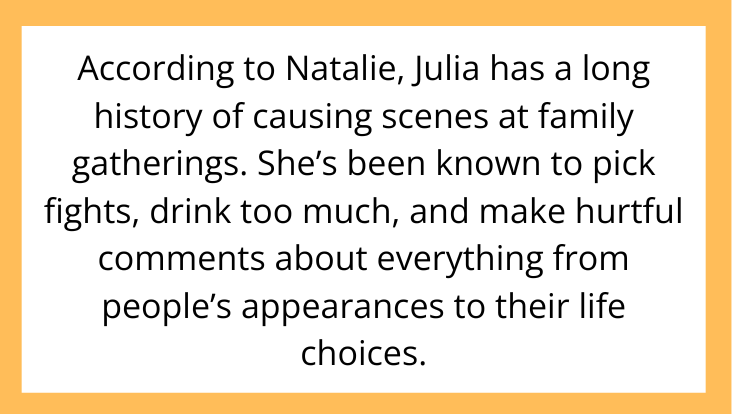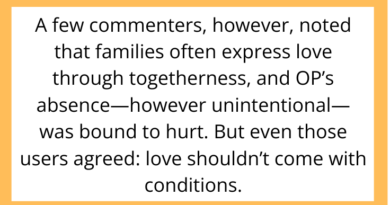AITAH for Not Inviting My Cousin to My Wedding Because She Always Causes Drama?
Weddings are meant to be joyous celebrations of love and commitment, but sometimes the guest list becomes the biggest source of conflict. In this AITAH scenario, a bride-to-be is facing backlash for excluding a family member she believes would ruin her special day. Is she drawing healthy boundaries—or being unnecessarily cruel?
Let’s unpack the story and see who, if anyone, is actually in the wrong.
The Situation: A Wedding Guest List That Sparked a Family Feud

The original poster—let’s call her Natalie, age 29—shared her dilemma on r/AITAH. She’s planning her wedding for later this year. The venue is intimate, the budget is tight, and she and her fiancé want the event to feel peaceful and positive.
There’s just one problem: her cousin, Julia.
According to Natalie, Julia has a long history of causing scenes at family gatherings. She’s been known to pick fights, drink too much, and make hurtful comments about everything from people’s appearances to their life choices.
Natalie decided she didn’t want that energy at her wedding. So she left Julia off the guest list.
The Conflict: A Hurtful Exclusion or Justified Boundary?
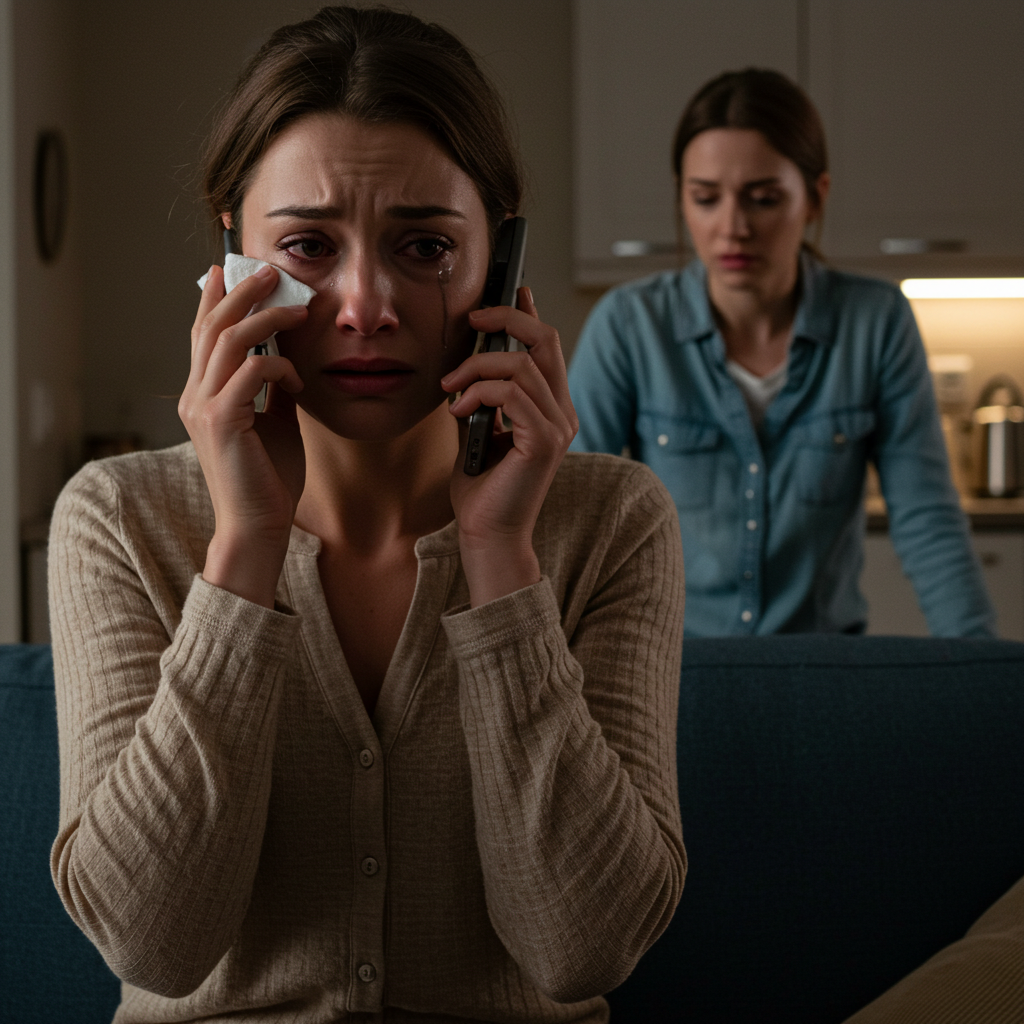
When Julia found out she wasn’t invited—through another relative—she was furious. She called Natalie in tears, accusing her of being petty and vindictive.
“You’re punishing me for things that happened years ago,” Julia said. “Family is family. I would never leave you off my guest list.”
Other relatives have since piled on. Natalie’s aunt and uncle have called her to say she’s “creating division” and “embarrassing the family.” Even her mom suggested she should just invite Julia to keep the peace.
But Natalie is standing firm. She feels she has the right to choose who’s there to celebrate her marriage—and she doesn’t trust Julia not to create unnecessary drama.
Now she’s left wondering: AITAH for refusing to invite my cousin to my wedding?
Perspectives: Who’s Really in the Wrong?
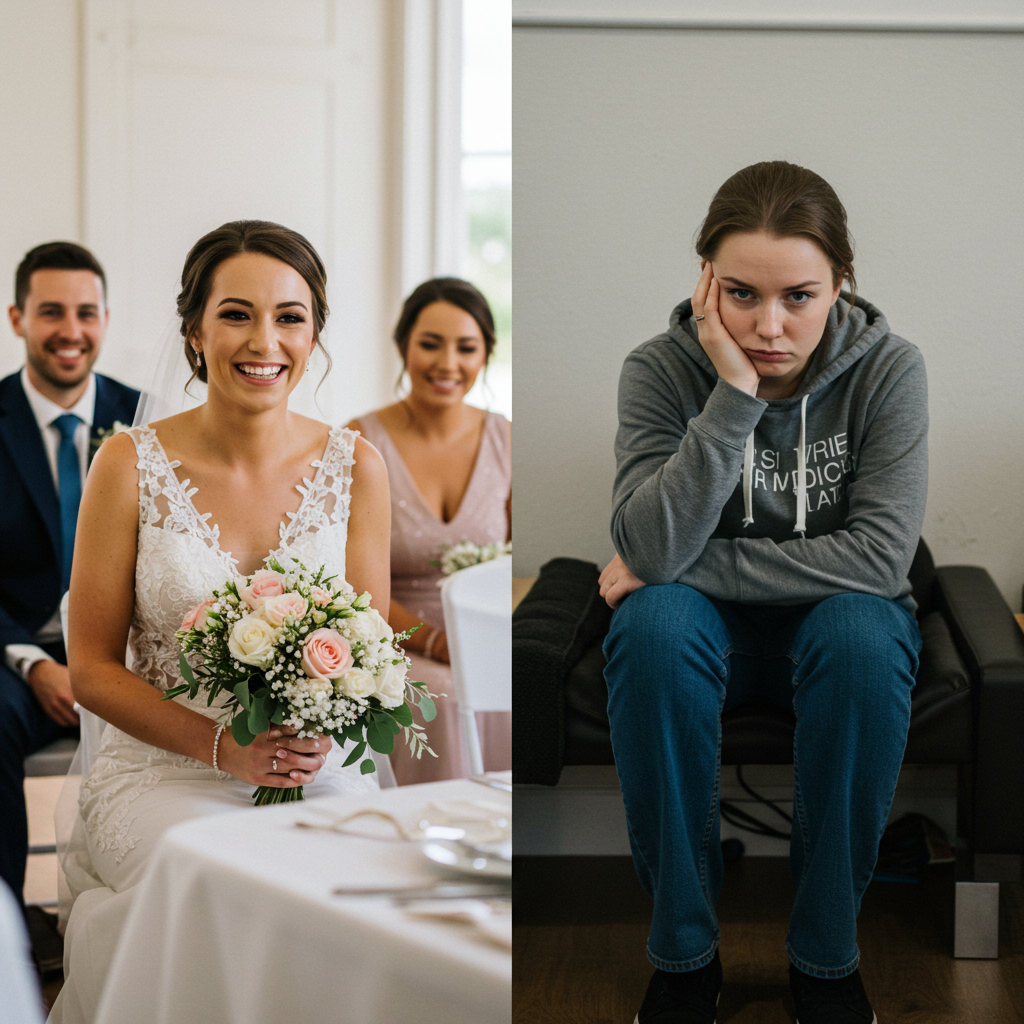
Why Natalie May Be Justified
Setting Boundaries Is Healthy
Natalie isn’t obligated to invite anyone who makes her uncomfortable. Her wedding is a deeply personal event, and she deserves to feel safe and happy.
Past Behavior Matters
If Julia has repeatedly shown she can’t handle herself at family events, it’s reasonable to expect she might do the same at the wedding.
Limited Capacity
With a small venue and tight budget, every guest counts. It’s understandable to prioritize supportive, positive people.
Why Julia Feels Hurt
Family Expectations
In many families, weddings are seen as an all-inclusive event. Excluding a close relative can feel like a public rejection.
No Chance for Redemption
Julia believes she’s changed and that Natalie should give her the benefit of the doubt.
Outside Pressure
Relatives often escalate these situations, framing the decision as a personal attack instead of a boundary-setting choice.
Reddit Weighs In

The AITAH community was overwhelmingly on Natalie’s side.
“You are never obligated to invite someone to your wedding just because they share DNA,” one commenter wrote.
Another pointed out: “A wedding is about love and joy, not tiptoeing around the feelings of someone who can’t respect others.”
However, a few users cautioned that leaving Julia out could create long-term rifts in the family dynamic.
“You have every right to exclude her,” one post read, “but be prepared for fallout.”
Lessons: Navigating Family Drama Without Losing Your Mind

Consider These Tips if You’re in a Similar Situation
-
Be Clear and Calm
If you decide not to invite someone, explain your reasons respectfully if you feel safe doing so. -
Prepare for Pushback
Even the most reasonable decisions can upset people who don’t understand your perspective. -
Stay Consistent
Wavering will only invite more pressure. -
Focus on Your Joy
Your wedding day should feel like a celebration, not an exercise in damage control.
The Takeaway: You’re Not Always the Villain for Saying No
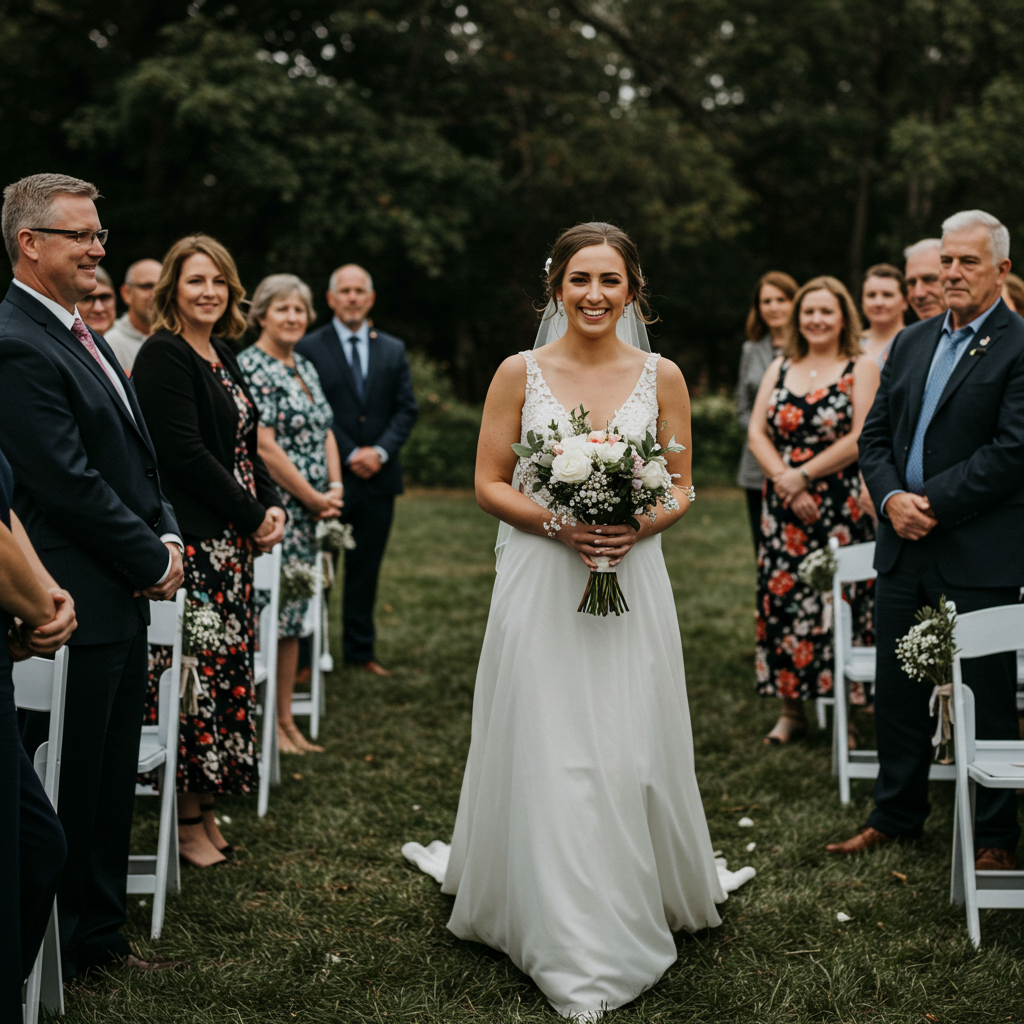
This AITAH story is a perfect example of how boundary-setting can be mistaken for cruelty. But protecting your peace is not unkind—it’s necessary.
Natalie didn’t exclude Julia out of malice. She made a choice to protect her mental health and ensure her wedding was free of chaos.
Sometimes the healthiest thing you can do is say no, even if others don’t understand.
